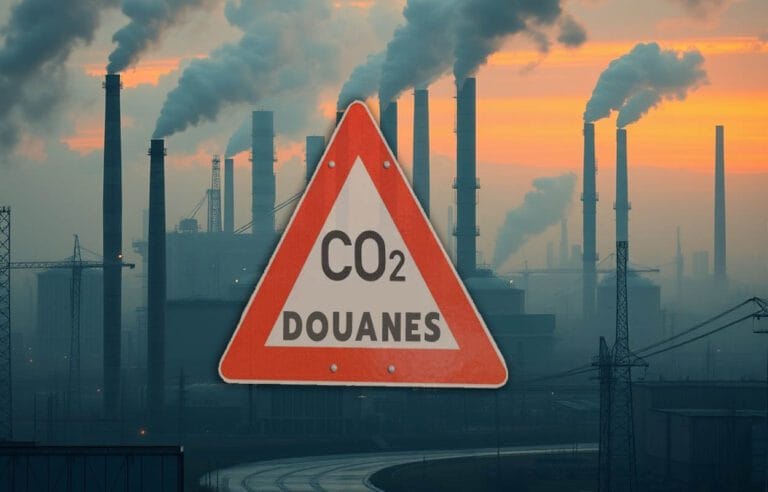Morocco takes a significant new step in strengthening its position in the voluntary carbon market with the official creation of a dedicated cluster, named “Green Assets Cluster.” The announcement was made on July 8, 2025, in Casablanca, during the second edition of the conference “Scaling of Carbon Markets in Africa,” jointly organized by Casablanca Finance City Authority (CFCA) and the Caisse de Dépôt et de Gestion (CDG), in partnership with the German cooperation GIZ.
This cluster aims to be the core of a national, and even continental, ecosystem structured around carbon credits, with the goal of valuing Africa’s immense natural resources while meeting international climate commitments. More than just a simple compensation mechanism, this carbon market, according to Khalid Safir, General Director of the CDG Group, should become a true strategic lever for climate financing, capable of supporting energy transition, sustainable agriculture, and reforestation. In a context where public budgets remain insufficient in the face of environmental challenges, this mechanism offers an additional source of financing, directed towards high-impact green projects.
This positioning was reinforced during the recent conference in Seville on development financing, where the carbon market was identified as a key tool for channeling resources towards a low-carbon economy.
From the side of Casablanca Finance City Authority, Saïd Ibrahimi, its CEO, emphasized that this initiative is part of the strategic roadmap towards 2030, which aims to make Casablanca a continental hub for sustainable finance. He recalled the signing of a memorandum of understanding with the CDG Group in September 2024 and presented this conference as a crucial step bringing together public and private actors to share expertise, identify levers, and stimulate both supply and demand in this market.
Morocco thus intends to play a central role in an African continent rich in natural resources but still underutilized in this area. With an estimated potential of 1.5 gigatons of annual carbon credits, Africa could represent up to one-third of the global supply. Yet, to date, it contributes only 11% of the credits issued and just 2% of the financial value of the global market.
The challenge is clear: “it is up to us to realize this potential,” insisted Saïd Ibrahimi, who calls for a rapid, structured, and appropriate scaling at the regional level. This dynamic is set against an international backdrop where green finance is establishing itself as a strategic lever to support ecological transition.
The launch of the Green Assets Cluster illustrates Morocco’s desire to build a credible, fair carbon market aligned with international standards, particularly those of CORSIA (carbon offsetting mechanism in aviation) and Article 6 of the Paris Agreement. By affirming its ambition, the Kingdom confirms its position as a leader in Africa in structuring an integrated climate economy focused on the future.


